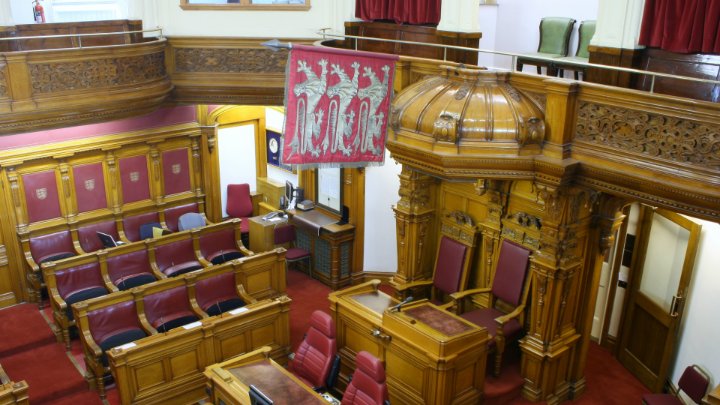Changes to States Members’ Code of Conduct proposed
4 January 2022

Today, the Privileges and Procedures Committee has published proposed changes to the code of conduct for States Members and the rules on the registration and declaration of interests. The proposition will be debated by the States Assembly in March.
The Privileges and Procedures Committee is responsible for the procedures of the States Assembly and has proposed the changes following recommendations made by the Comptroller and Auditor General in her 2021 report Anti-Corruption Arrangements.
A summary of the main changes are:
- Updating the 'Principles of Public Life' States Members must follow
- Clearer and more comprehensive rules on when the receipt, offer or giving of gifts or hospitality must be included in the register of States Members' interests
- Requiring the registration and declaration of interests for 'close family members', in accordance with the accounting standards followed by the States of Jersey
- New rules on registering the value of remuneration received by States Members from outside interests, such as self-employment or rents
- Formalising an annual review process for registered interests, with a duty on the Greffier of the States to report non-compliance or discrepancies to the Commissioner for Standards
- Simplification of the rules requiring interests to be declared by States Members during debate or in committee or panel meetings, including new provision for the Bailiff to issue guidance on how the rules are interpreted
- A new rule to permit a States Member to be suspended from the States "as a neutral act" rather than as a sanction, and clearer rules on suspension as a sanction for contravening the Code of Conduct.
Chair of the Privileges and Procedures Committee, Deputy Carina Alves, said: 'The Code of Conduct and our rules and processes for registering and declaring States Members' interests and dealing with breaches of the rules are a crucial part of our democracy, this helps to build and maintain confidence in the integrity of our political system. Our current arrangements are in urgent need of reform. The proposed changes implement the Comptroller and Auditor General's recommendations and make a number of other changes which will make our political system much more robust.'



.png?w=1200&h=630&ext=.png&width=370)